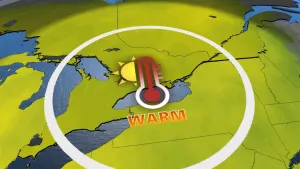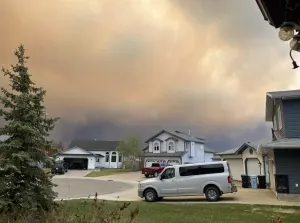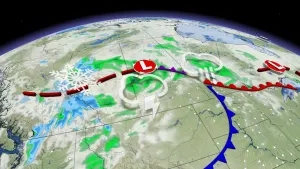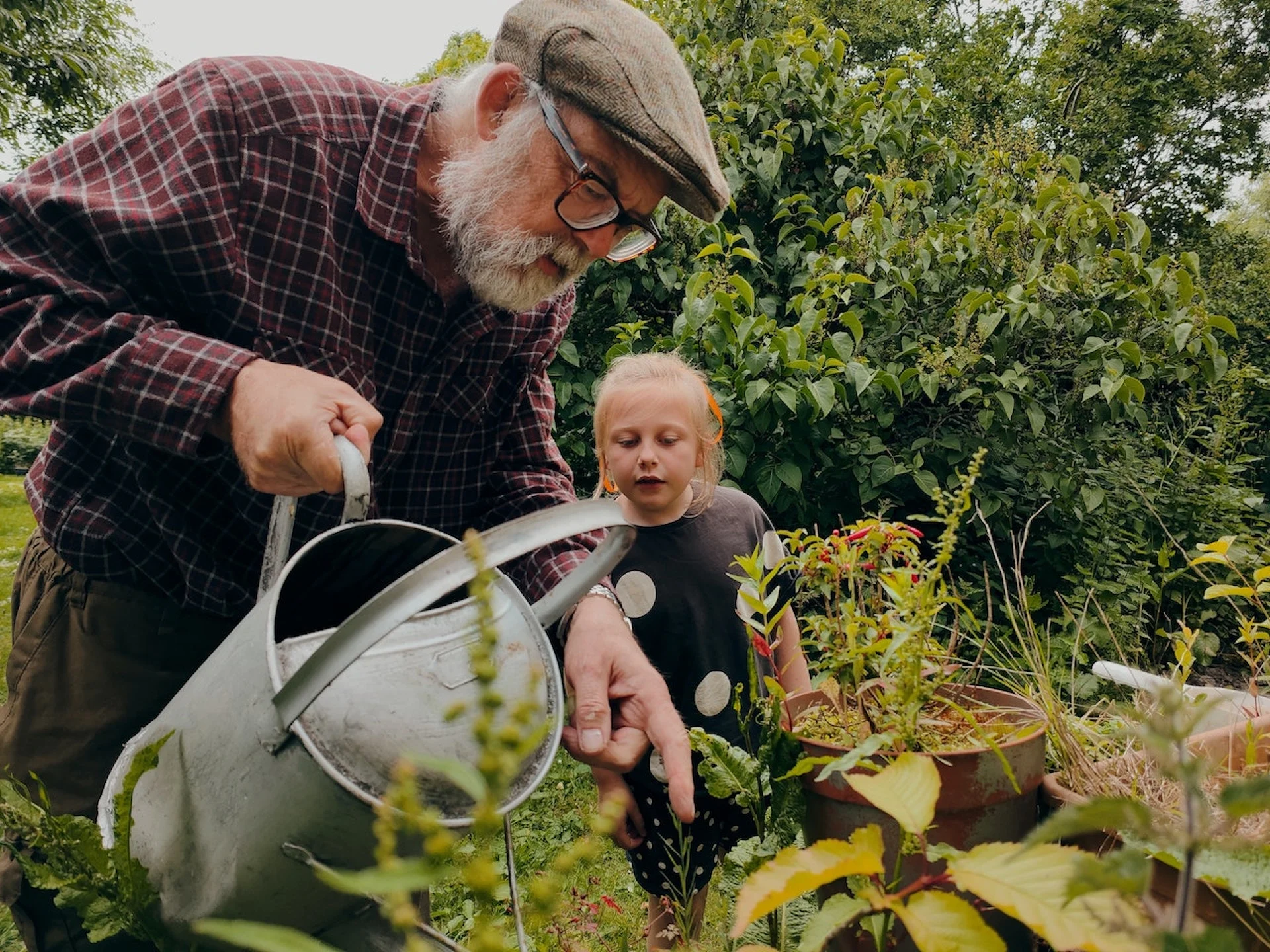
Intergenerational gardening reaps benefits for people and wildlife
Gardening is a fun activity for all ages and beneficial for animals and our health, so it's no surprise that organizations such as the Canadian Wildlife Federation offer intergenerational programs as a way for people to connect
Because of the difficulty of conservation issues today, environmental organizations need everyone involved, with age groups spanning multiple generations.
That is why the Canadian Wildlife Federation (CWF) wants to connect people of different age groups through its WILD Generations Gardening Club.
SEE ALSO: Grow a garden that will thrive all season long with these 5 tips
It promotes intergenerational mentorship in gardening for wildlife through knowledge-sharing, social inclusion and volunteering, acting as a legacy project to raise a generation of young conservationists that will make an impact on wildlife habitat.
"Conservation issues are quite complex. When we have multiple generations working together, they build a sense of community," said Eneze Baye-Imerion, CWF education manager, in a recent interview with The Weather Network.
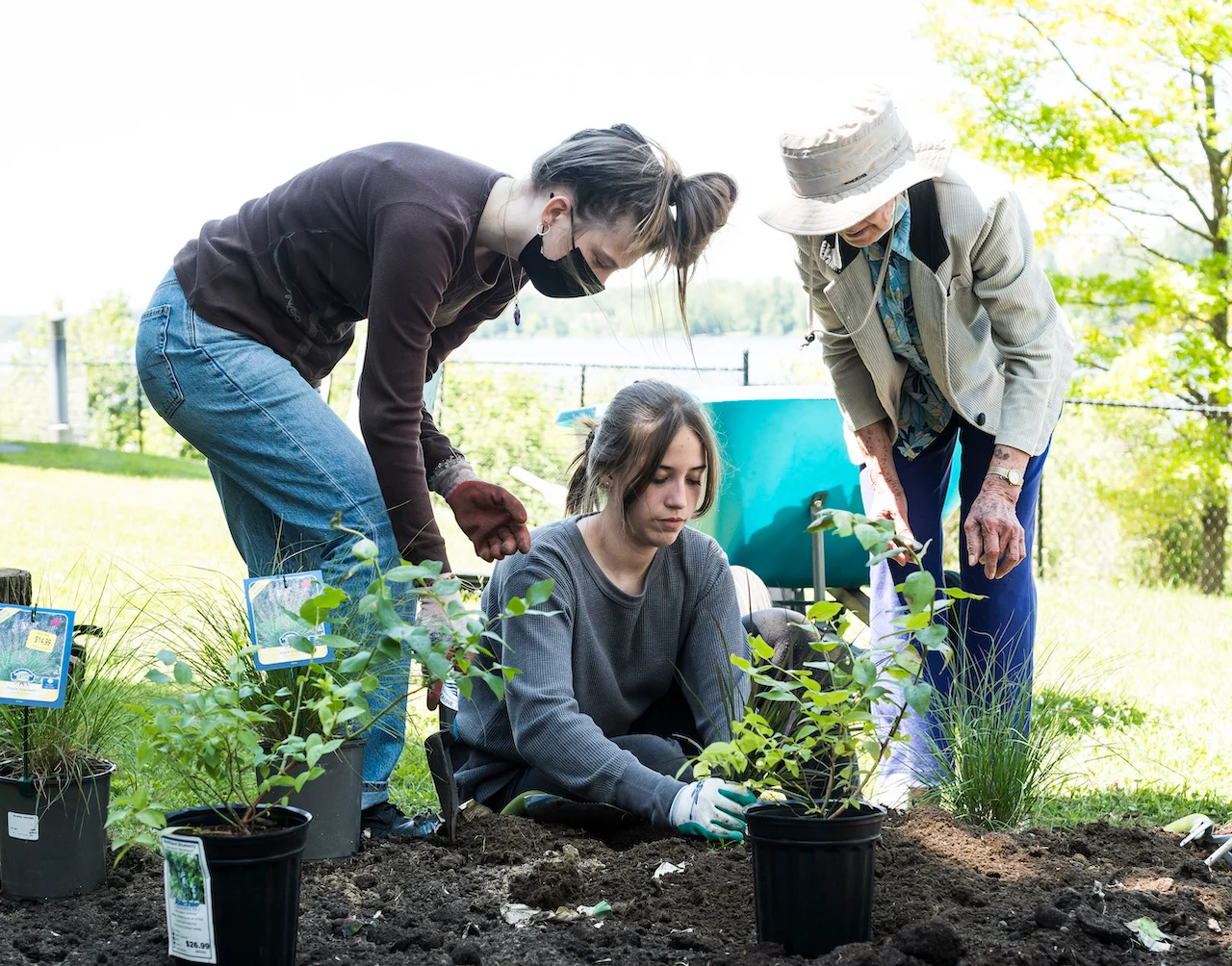
(Dwayne Brown Studio)
Generations can learn from each other through gardening
The WILD Generations Gardening Club was started in 2022, fully launched after a pilot program in Ottawa, Ont. Opportunities are provided for groups to engage with nature, contribute to gardening conservation projects and develop new friendships.
For example, seniors and youth will work together to transform a park, school property, adult living home property or other community gardens into pollinator-friendly habitats, according to CWF.
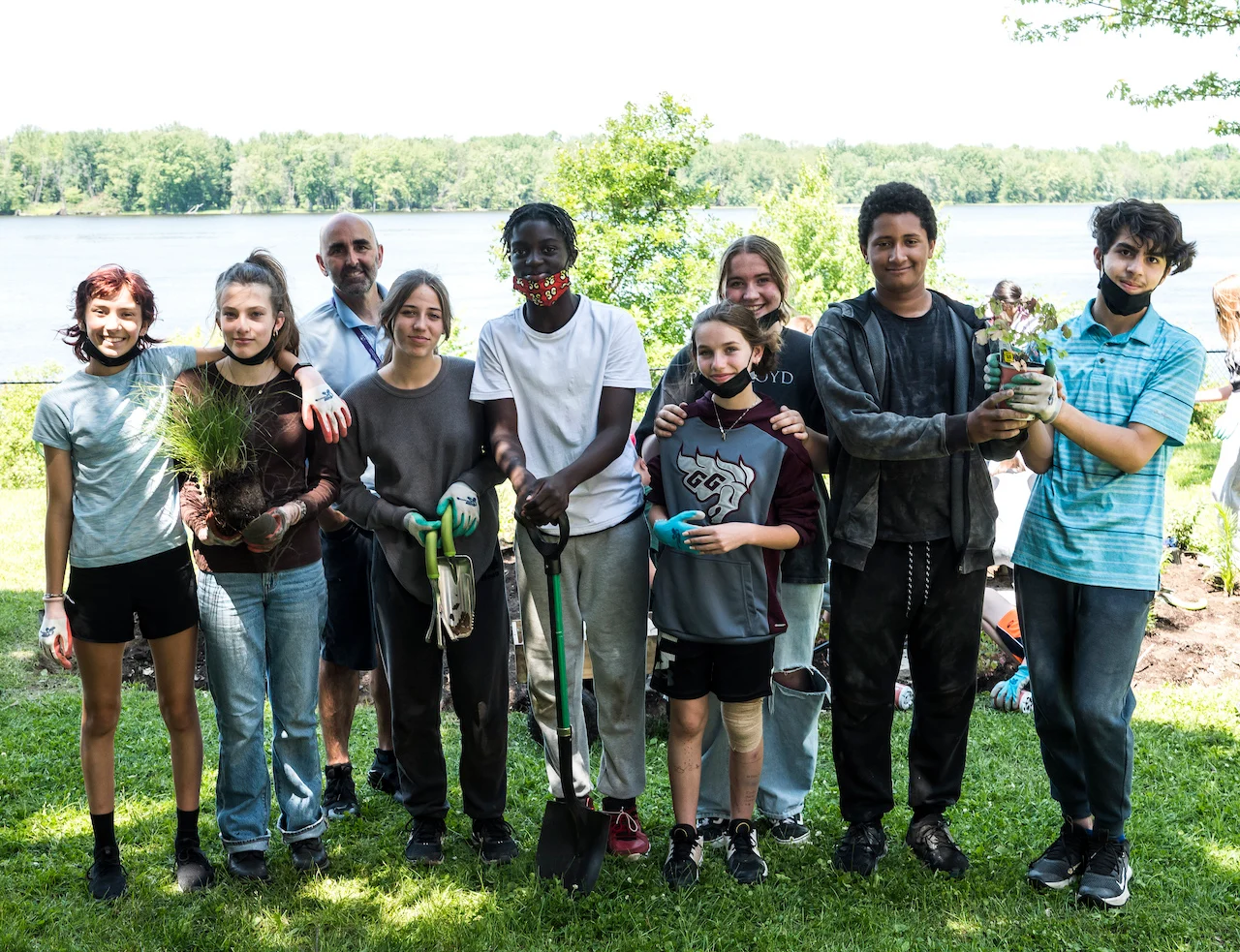
(Dwayne Brown Studio)
"They exchange ideas, there is mentorship going on, there is learning going on, and also, creating ideas on how to preserve our plants, how to do more for wildlife and how to, overall, protect the environment," said Baye-Imerion.
Those new to the activity will learn basics such as creating and maintaining a garden, and how to plant the "right way," she said.
That includes being mindful of the types of plants you incorporate, particularly with the regional, native varieties to your area, and the various species available from spring to fall to give wildlife different food options.
"The shapes and the sizes of the plants also matter as the plants and pollinators themselves have different characteristics. That also impacts your feeding," said Baye-Imerion.
People will also want to ensure there is water in the garden or other source for the pollinators to drink from. Gardens will also need to be maintained in a friendly way, so use compost mulch and avoid pesticides, she noted.
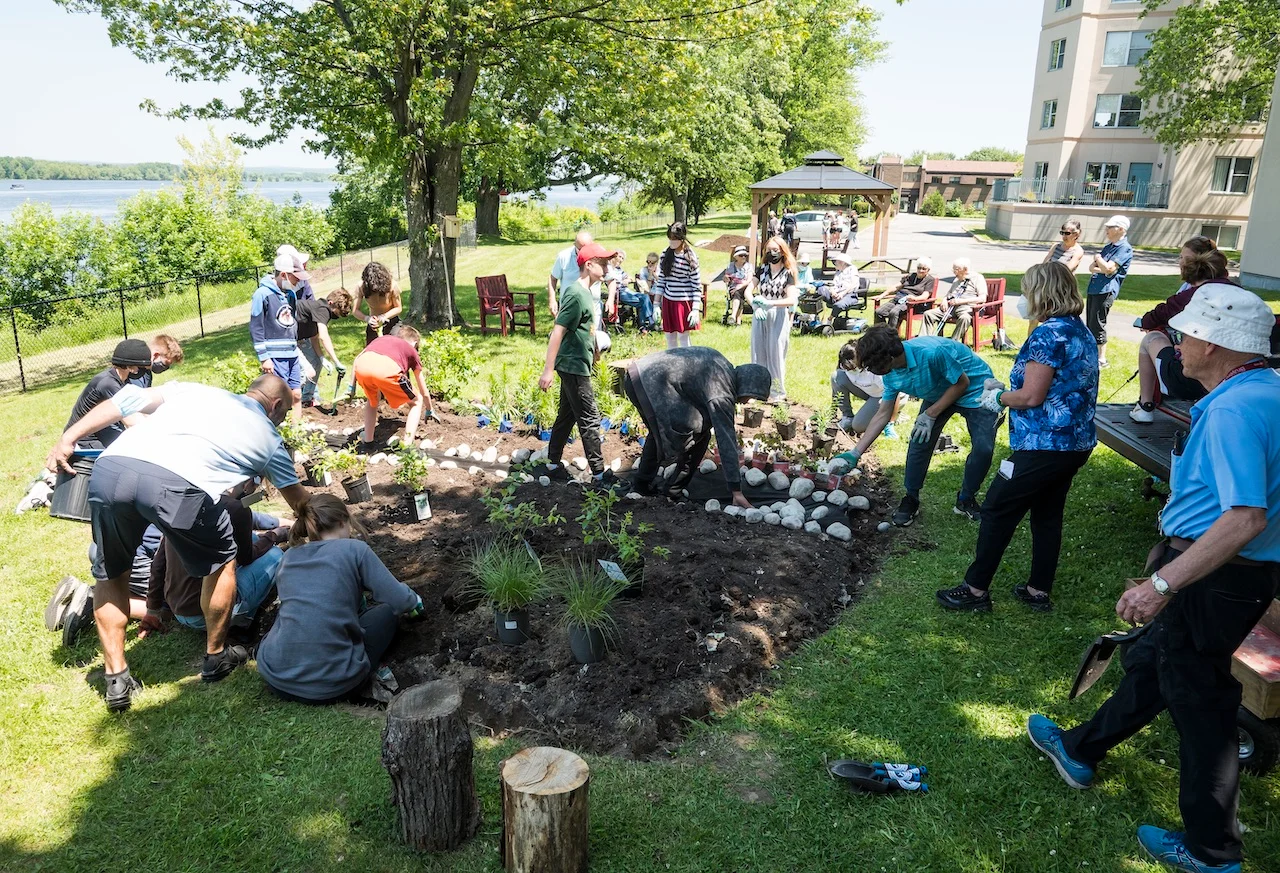
(Dwayne Brown Studio)
"We're really focusing on gardening for wildlife. How do we create healthy habitats for wildlife? What are the basic elements that we need in our garden, so our pollinators can thrive?" said Baye-Imerion.
"For older gardeners who have the experience, it’s also for them to share their knowledge over the years and just continue to walk towards a better environment."
Wildlife can reap the benefits, as well
Engaging seniors and youths in community gardening is rewarding, for the social aspects and to counter the negative effects of natural habitat loss, climate change and invasive species on our environment, according to CWF.
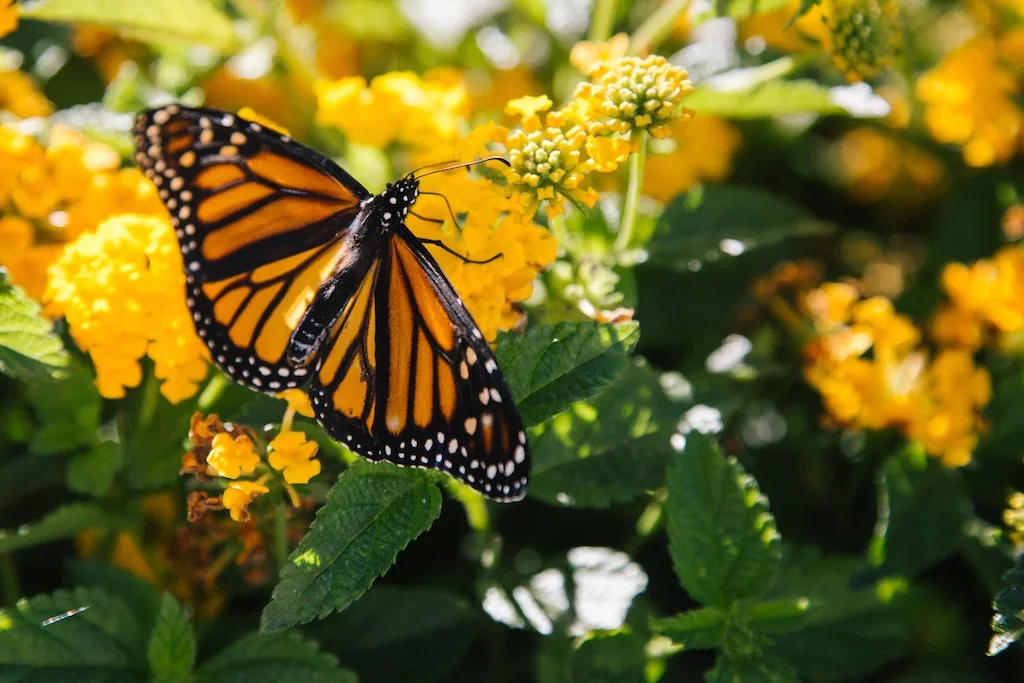
(Unsplash)
The support gardening can provide wildlife is well known, with native plants providing shelter and food for countless species. In the case of milkweed, native to parts of Southern Canada, it provides a place for monarch butterflies to lay their eggs.
A key aspect to working together is education and planning, as what we do with our gardens will have an impact on the wildlife around us, she said.
"There is really a lot of benefit having seniors and youth work together. They both can learn from one another. Not only doing more for the wildlife , but also doing more for the community as a whole, building those connections," said Baye-Imerion.
"All of this requires planning. The Canadian Wildlife Federation is happy to support you as you plan ahead."
WATCH: 3 reasons why natural gardens are the easiest to maintain
Thumbnail courtesy of OPPO Find X5 Pro/Unsplash.
Follow Nathan Howes on Twitter.







